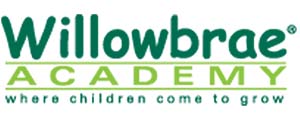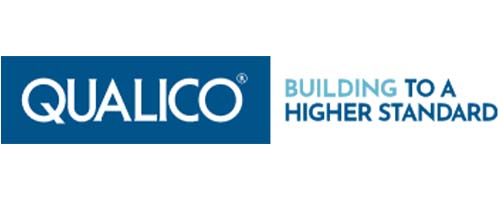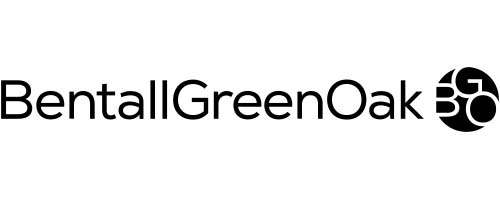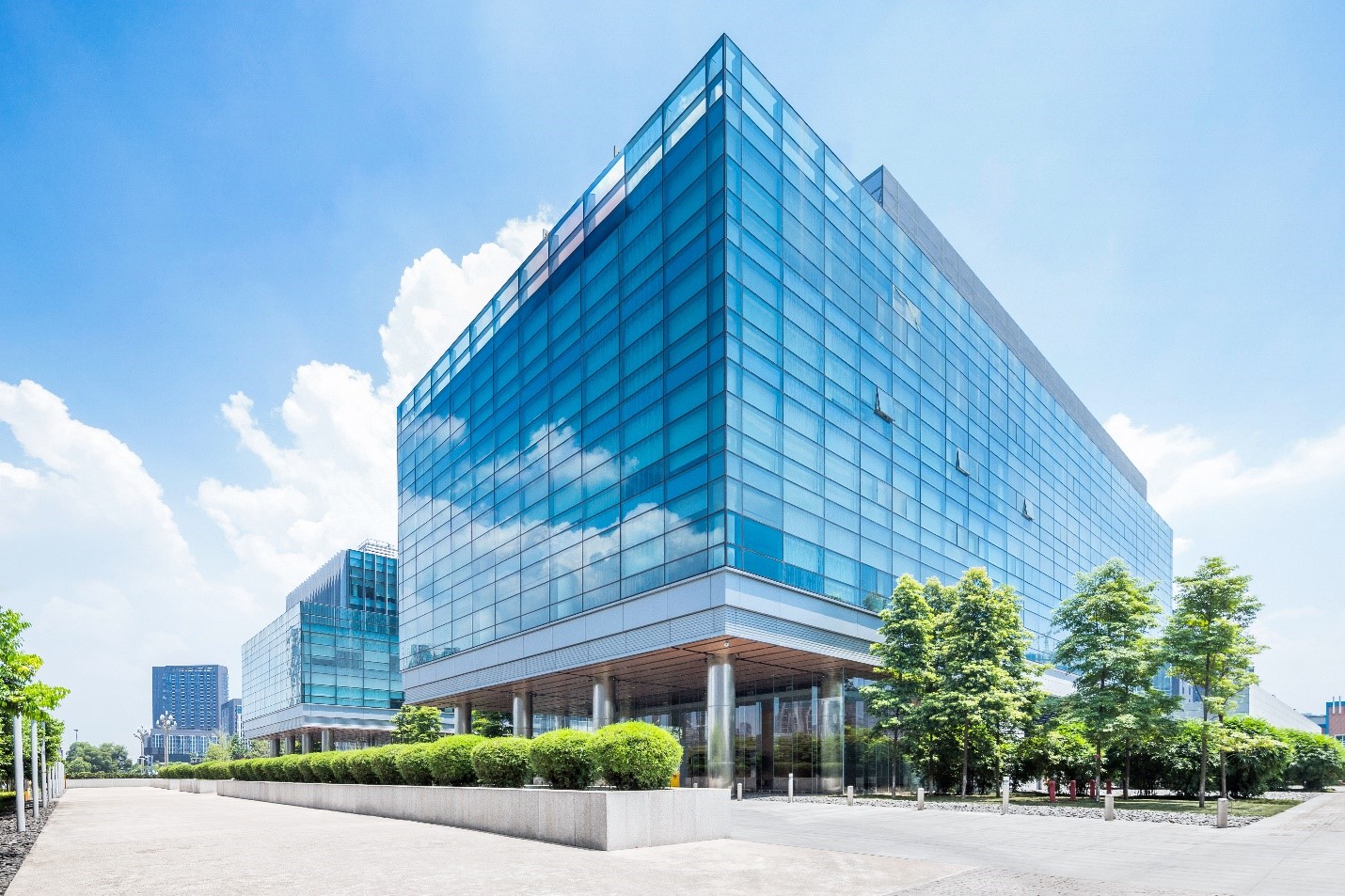What Is an ICF Foundation?
ICF stands for insulated concrete form and it is increasingly used as a foundation for homes and businesses in the Calgary, Edmonton, and Vancouver areas.
Why?
Because it comes with several important advantages with durability, energy efficiency, and general construction quality.
Here we look at what you can expect from an ICF foundation, how it differs from a traditional foundation, and what the main pros and cons are.
ICF foundations vs traditional foundations
There’s no need to dwell too long on the importance of a strong foundation for a home. You should know that already, especially with the forces of nature being what they are in this part of the world.
Not only must the foundation be robust. It must also protect against water and soil vapour.
The two basic choices for building foundations for homes in Alberta and BC are poured concrete or insulated concrete forms.
The traditional approach is to pour concrete into removable forms but an ICF foundation can be a more robust solution. It uses hollow, interlocking polystyrene foam bricks to build the outside shell of the foundation. Then, the rebar is placed within the form to reinforce it and create a rigid “shell” before concrete is poured into the middle.
With traditional concrete foundations, concrete is poured using plywood / removable forms that are then removed. Insulation is added to the interior facing wall after the concrete has cured.
With ICF foundations, the polystyrene forms stick to the concrete and create a permanent insulated layer that remains in place.
These factors make ICF foundations unique, providing not only the traditional durability and strength of reinforced concrete but also excellent insulating powers and protection from moisture and other benefits from the use of polystyrene blocks.
These blocks stack easily, a little like Lego and, as you will see in the list of pros that follows, provide many benefits compared to traditional poured concrete foundations.
What are the pros of an ICF foundation?
Insulated concrete form foundations provide a long list of positives for home and business owners living in the colder climates of Alberta and BC:
Strength and durability
The foam shell, extensive use of rebar, and the concrete poured at the end all result in an identical strength as traditional foundations.
Rebar adds tensile strength, reinforcing the overall strength of the concrete and the structure as a whole. The concrete remains protected behind the insulation and is less susceptible to moisture (the insulation in the ICF is classed as a vapour barrier) and other damage. An argument could be made that the ICF foundation is, therefore, more robust (see also below).
Protects from moisture, rot, and mould
The insulating effect of ICF protects the foundations from frost and moisture In a cold climate like Alberta, ICF can bring peace of mind that your foundations won’t be ruined by the elements.
Less prone to cracking
After the concrete is poured, it must go through a curing process before it starts achieving its strength. If thecuring conditions are not right, it will weaken and be prone to cracking. Cracked foundation walls can cause problems in basements especially.
ICF construction avoids this problem because the concrete is allowed to cure under the protection provided by the foam forms that create its shape. This creates perfect curing conditions.
Less prone to leaks
The hollow interlocking polystyrene forms protect the concrete, making it less susceptible to leaks due to cracks from shifts in the ground and water pressure than poured concrete foundations.
The best ICF foundations have an exterior membrane covering them below grade, to wick away moisture and ensure that the foundations remain untouched. This all adds up to greater strength, leak-resistance and mould-resistance – essential for the rigours of the climate.
Excellent energy efficiency
ICF foundations provide excellent energy efficiency due to the powerful insulating effect of the polystyrene blocks that are an integral part of the foundation walls.
The foundations are surrounded by insulation and have no thermal bridges. The true R-value (a measurement of a material’s capacity to resist heat flow from one side to the other) of ICF foundations is more than 20 compared to less for foundations that had R-22 insulation and thermal bridges in the form of wooden studs placed every 16-24” along the exterior walls..
This is good news for your energy bills.
Better air quality in the basement
If you plan on using the basement as an extra bedroom or living space, the air quality will improve with ICF foundations offering a drier, warmer, more pleasant environment than traditional concrete. Why? A consistent, higher R-value, and competent vapour barriers.
Sound-proofing is even improved by the polystyrene foam forms in the foundations.
Disaster-resistance and fire-resistance
ICF walls use steel-reinforced concrete, which can withstand tornado and hurricane winds. They also have excellent fire-resistance ratings so they will hold firm in the face of most disasters.
Termite-resistance
ICF foundations are termite-resistant.
Year-round construction
Because of their reduced sensitivity to cold temperatures compared to traditional foundations, ICF foundations can be constructed at almost any time of year.
Concrete can even be poured into the ICFs when the ambient temperature is as low as -15°C (only the top of the ICF form needs to have insulation added in the form of insulated tarps, as the walls already have insulation and prevent the loss of heat from the concrete.
What are the cons of an ICF foundation?
We can only think of two slight negatives of ICF foundations for property owners. These are as follows:
More challenging to install
ICF foundations are generally more difficult to install because of the extra steps that construction teams must go through. For instance, there must be sufficient bracing on and around the forms or concrete can spill out, compromising the surrounding insulation layer.
However, with fewer restrictions to when the foundations can be worked on (all-year-round installations) the extra complexity involved with ICF is unlikely to delay your project.
More expensive
You can expect to pay a little more for ICF foundations than traditional poured concrete foundations – but with the more sophisticated installation, you receive long-term protection and insulation.
Typically, the extra costs are in the region of 10 to 15 percent of the total foundation price but this can usually be offset by the decades of high performance.
Besides, the foundations of a building are no place to cut costs.
Looking for a custom ICF home?
A custom home should be something you’re proud of. At Greenstone Construction, our team of experienced ICF builders will help you bring your ideal home into the world. Book a free consultation.












